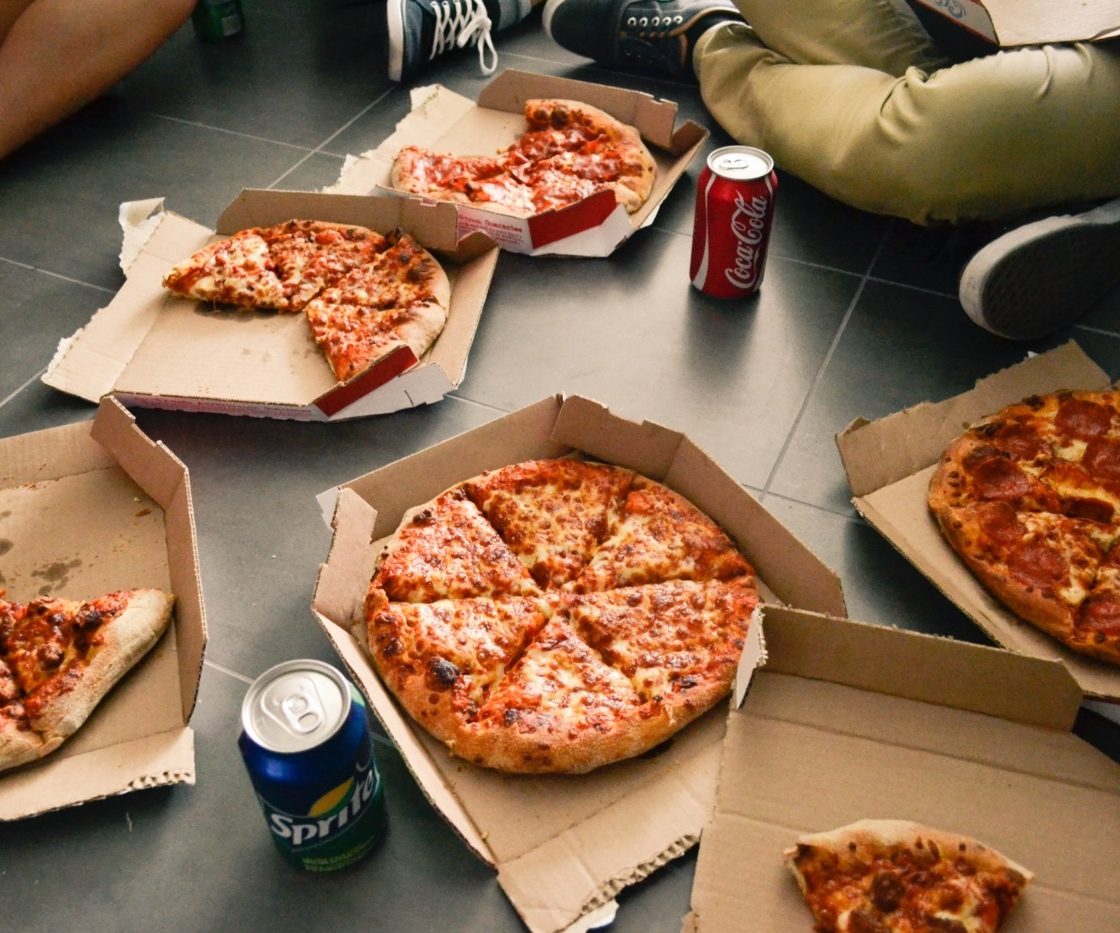Small change, big impact: saying no to takeaways
One way to describe the 2020s is as an era of convenience. Takeaways such as UberEats, Deliveroo and Just Eat provide relief from the mountains of assignments students face. Who can blame us? It is understandable that this is the option that many students choose. Students have young bodies not yet receptive to saturated fats and no one to give us validation for hours spent slaving over a stove. However, many of us seem to forget the environmental cost caused by our desire to have food delivered quickly to our plates.
An issue with takeaways is the transportation of foods from restaurants to the customer. With most services operating by car and aiming to deliver food while it is still hot, drivers are put under increasing pressure to deliver quickly to customers. While this may not seem like much of an issue at first glance, the problem is that few drivers will work for multiple restaurants in a geographic region. This leads to many short journeys back and forth throughout the area. Their journeys are likely to zig-zag back and forth between different restaurants and customers, posing a far greater environmental threat. Unlike companies like Dominoes, who only serve one restaurant and plan their journeys as a loop.
Another problem that takeaways pose to the environment is packaging. With UberEats, Deliveroo, and Just Eat all offering more sustainable options, many people may wonder what the issue is. All three tote options including recyclable paper packaging, packaging made of recycled materials, biodegradable packaging, and the option for the customer to opt out from receiving single-use plastic cutlery.
Many of us seem to forget the environmental cost caused by our desire to have food delivered quickly to our plates
However, the problem here is the dichotomy between the large corporation and small businesses. The majority of restaurants involved with delivery companies are. UberEats does provide a discount to restaurants choosing the more sustainable options. Similarly, Deliveroo encourages their restaurants to do so also. Actually, there is no legal responsibility for the large companies to provide this service, or the local businesses to take these on. In addition, companies with fewer than 250 employees are permitted to provide single-use plastic carrier bags free of charge, so have no reason to invest in more durable or reusable options.
It is entirely understandable that a local business with low profit margins would choose the cheaper, less environmentally-friendly option. Especially as there is no obligation to do otherwise. The responsibility lies on the government to implement further restrictions on single-use plastics. Large corporations, who can afford to make these financially viable for their clients, should have to use sustainable materials. Simply providing the option and “encouragement”, is an irresponsible approach to business.
Further dilemmas arise when considering consumer behaviour. Even when restaurants choose to fork out for paper packaging, recycling is only possible once food residue has been removed. This goes against the very essence of ordering a takeaway, where the aim is to avoid washing-up at all costs. It is highly unlikely that customers would spend the time to ensure their packaging is clean enough to be recycled. It is all too easy to throw it in the bin. Not only that, but paper as a material is impractical and difficult to clean. Even if customers did try to clean it, it is unlikely they would be entirely successful.
As it stands, this type of takeaway is not a sustainable business model. But with the help of consumers, steps can be made for improvement, as they already have been.

Comments